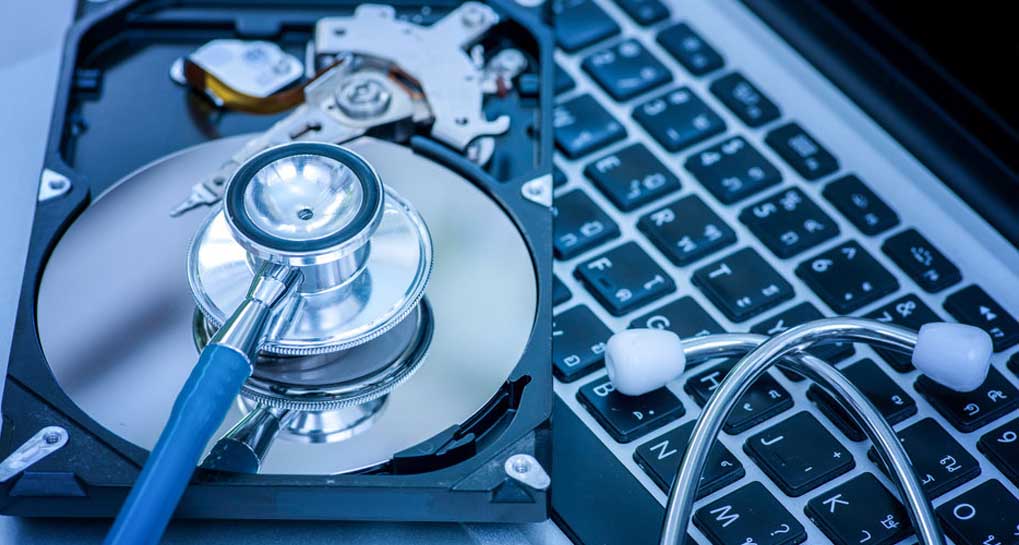Your Windows File Registry Works Hard So That You Don’t Have To
You download a file from the internet. Your Windows file registry updates your information, clearing a path for your CPU to find the file. You update your preferences for one of your applications. Your Windows file registry carefully preserves the changes, assuring that your CPU will honor your new preferences the next time it opens the application. You add another public place to the list of internet connections you use regularly. Better still, your new Google android phone works as a hot spot for up to eight wireless devices, so you add your computer. Your Windows file registry automatically saves all this connection data, so that your browser and link software can connect with the worldwide web exactly as you wish. Using your bank’s online bill-paying service keeps all your accounts up to date. Your Windows file registry records all the digits and data, so that you quickly and easily can repeat the bill-paying procedures again next month.
Working diligently on your PC all day, you inadvertently trigger up to a hundred or more changes in your file registry, because it tailor-makes your computing experience to the flow and style of your work. Microsoft engineers and programmers planned it that way. Every inadvertent change, however, leaves a few tracks and traces, a few file fragments and a little bit of binary debris. Not a problem. Except that, over time, the fragments and debris accumulate in your Windows file registry, complicating the CPU’s pathways to the data it needs to run at its best.
You remove the clutter and debris with a reputable, reliable Windows file registry cleaner. In regular use, a scan-clean-repair-optimize program keeps your PC running at peak efficiency, and it protects you against piracy and identity theft.
Think about how many ways you left your PC vulnerable in the course of an ordinary day’s work: As you added public wireless connections, you put yourself at-risk of intruders to your network. When you added your cell phone hot spot, you increased that risk. Once the portals were open, then, your bill-paying tasks put your financial information at risk of theft by spyware, adware, or malware, all of which track your internet use and some which have the capacity to capture your digits. Some of the most malicious malware evades detection by all but the most sophisticated and up-to-date browser and file registry protection.
Despite what you may have read or overheard, you need both a high-powered security suite and a good registry cleaner. To keep your Windows file registry clean and clear for your CPU, choose the best registry cleaning software.





